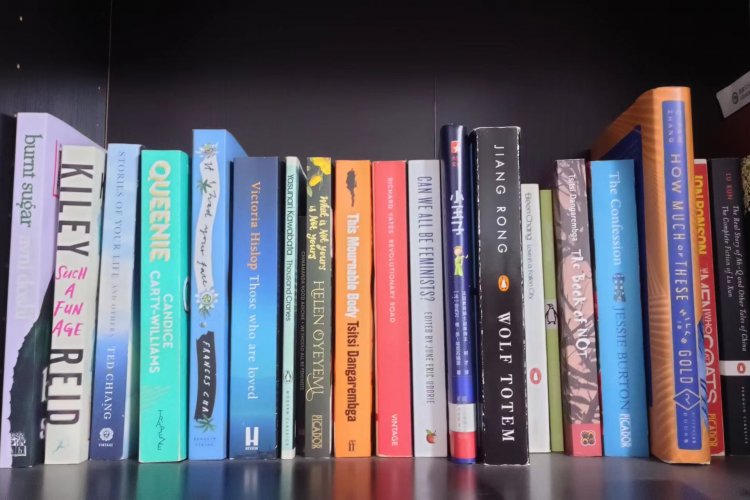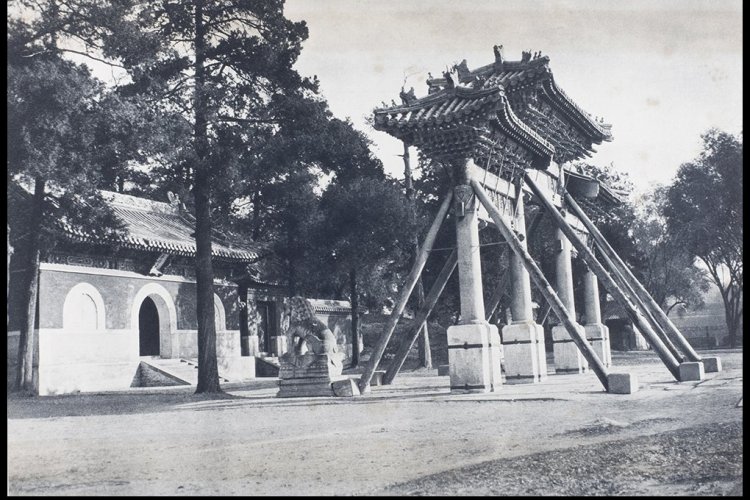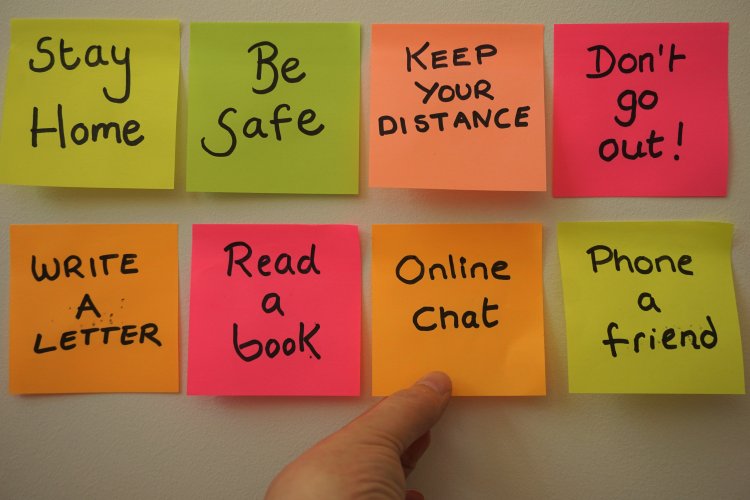Stuck at Home? Time to Read Up on Beijing With These Essays and Articles
Beijing’s recent snowfall wasn’t enough to result in a snow day, but it doesn’t matter: most of the city’s offices and schools are having people stay at home anyway in an effort to contain the coronavirus outbreak. For many, that will mean Netflix on the TV or a good book in hand. If, however, you are tempted to keep your eyes on your phone for the duration of this quasi-quarantine, then you might consider taking the opportunity to learn a bit more about the city in which you are confined.
Though we at the Beijinger do our best to aid our readers in understanding the city’s culture, history, and goings-on, the fact is that many publications have taken deep dives into China’s capital throughout the years. Below is a small collection of essays to broaden your thoughts on the city, even while stuck in a narrow part of it.
Foreigner life in Beijing: Paddled

In this 2012 article for GQ, American writer Christopher Beam recalls his fumbled attempt at assimilation into Chinese culture by enrolling in a ping-pong school. Little did he realize that his classmates would be, well, little. He would spend the term being trounced by pre-teen table tennis hotshots.
History: When Americans Ruled Beijing
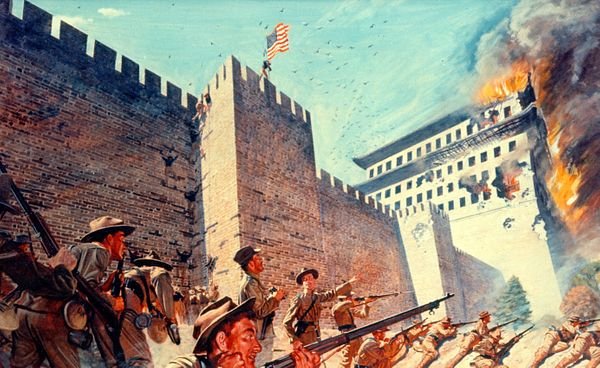
Following the demise of the Boxer Rebellion in the year 1900, American troops occupied the southwest corner of Beijing and ruled by martial law. The results were not at all pleasant. Senior editor for the Diplomat, Franz-Stephan Gady, recounts the story and the consequences of American war crimes in Beijing in this article from 2015.
Education: Cramming for College at Beijing’s Second High
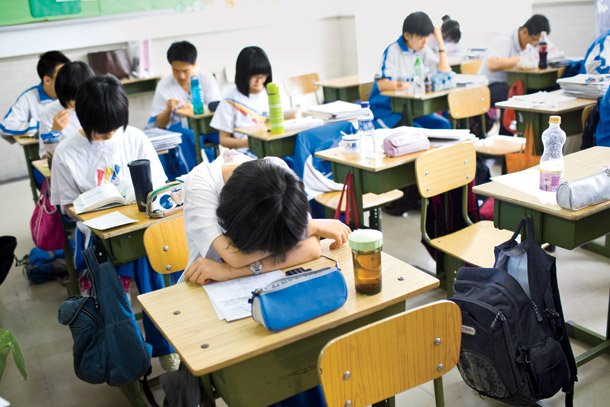
Educators within Beijing’s foreigner community will no doubt be familiar with the grueling Chinese end of high school examination known as the gaokao. In this 2011 piece for Fast Company, investigative journalist April Rabkin takes a magnifying glass to the period as students at the Second High School, which is attached to Beijing Normal University, where she herself once studied as an exchange student. Revisiting the school years later, she finds that the pressure is still on.
Humor: Can China Take a Joke?
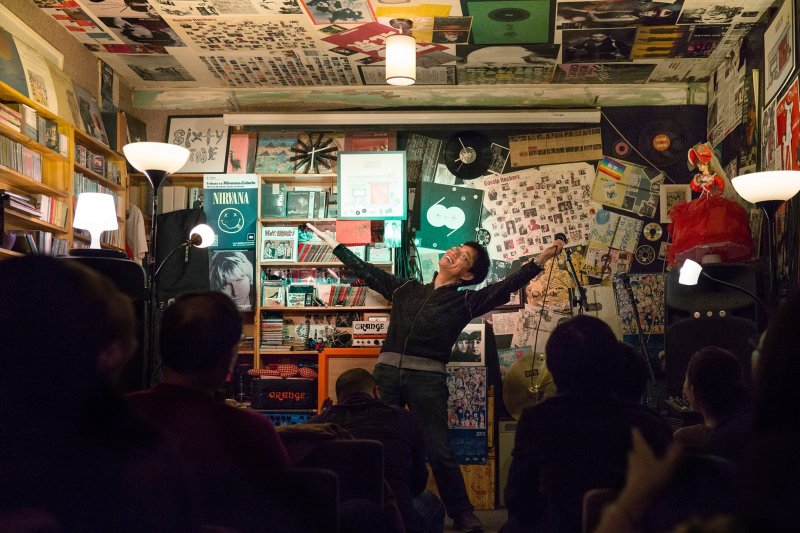
Though much has changed in the Chinese language comedy scene in Beijing since this New York Times article was written in 2015, it is still an excellent insight into how the foundations of the scene were laid and the cultural challenges it has faced.
Food: Pizza Hut in Beijing

As much as Beijing is the cultural capital of China, it is also, in many ways, an international city where cultural exchange happens on a daily basis. Though language barriers persist, food is a more accessible way to build connections, and as Beijinger festival attendees will know, pizza is chief among international eats in this city. Like it or not, Pizza Hut was among the first pizza chains to enter China, having opened its first Beijing location in 1990. Writing for eater.com, Jenny Zhang tells the story of how eating Hawaiian pizza at the Wudaokou branch of Pizza Hut brought her closer to her laolao, or grandmother. While not quite as emotional as The Farewell, Zhang’s story is a touching, regardless of your feelings about pineapple on cheese.
Fiction: Folding Beijing

Written by Hao Jingfang and translated by Ken Liu, short story Folding Beijing imagines a future in which Beijing is so overpopulated that it must fold the earth beneath the city and allow citizens to carry on about their day only when it is their turn to occupy the surface. However, the folds are divided into three unequal classes, and travel between the folds is strictly controlled. The story, which won the prestegious 2016 Hugo Award for Best Novelette follows Lao Dao, a member of the lowest class as he attempts to sneak into the highest class on a mission to make money for his daughter’s kindergarten tuition.
READ: Learn Some Viral Mandarin to Fight Coronavirus Boredom
Images: Jing Jorick via Unsplash, GQ, Wikimedia, Fast Company, Eater.com, New York Times, Design Collector



